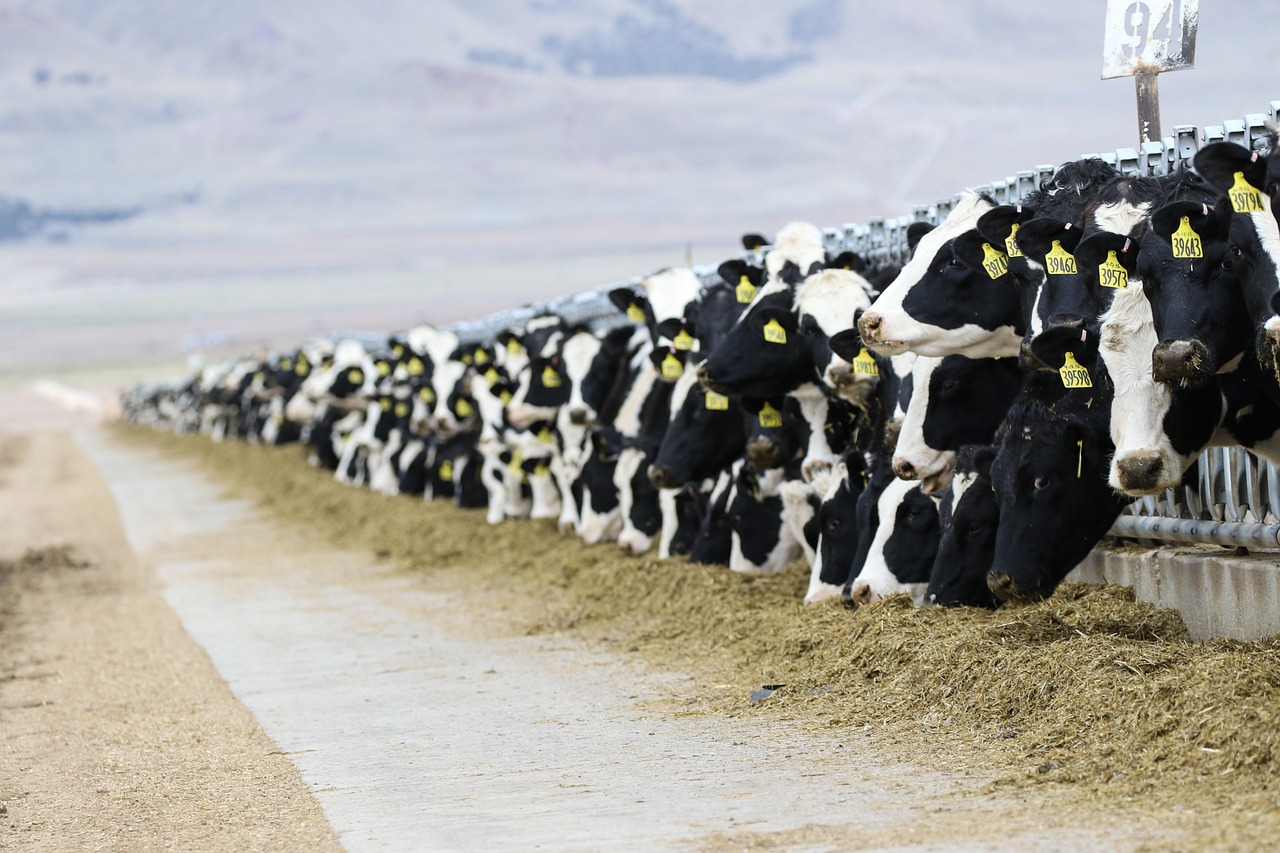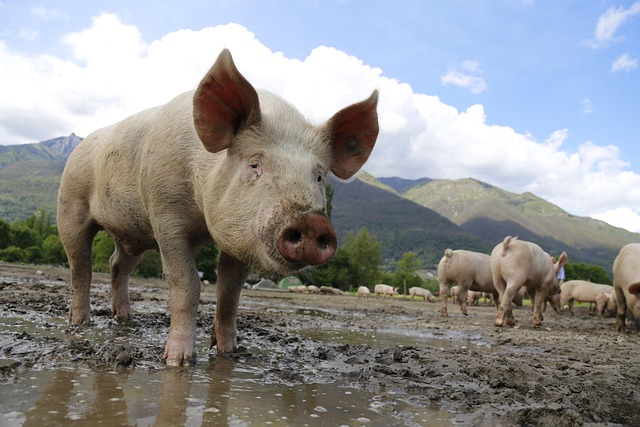The Center of Excellence for Emerging and Zoonotic Animal Diseases (CEEZAD) at Kansas State University was established in 2010 to help protect the nation’s agricultural and public health sectors against a high-consequence foreign animal, emerging and zoonotic disease threats. CEEZAD has four principal missions:
- Development of novel, safe, efficacious, and DIVA-compatible vaccines for prevention and control of high-impact emerging and zoonotic diseases that can be manufactured in the U.S.
- Development and expansion of technologies and platforms for laboratory and point-of-need pathogen detection.
- Development of models to predict high-consequence disease behavior in the U.S. to aid prevention or outbreak control.
- Development of education and training programs for students, veterinarians, first responders, and researchers in high-impact animal diseases and animal emergencies.
CEEZAD Highlights
September 5, 2025
New study explores ability of swine flu to spread in cattle
An article co-authored by the Director of the Center of Excellence for Emerging and Zoonotic Animal Diseases (www.ceezad.org) and the Center on Emerging and Zoonotic Infectious Diseases (CEZID; https://www.k-state.edu/cezid/) reports on the results of research into the spread of the H3N2 swine influenza virus in calves.
Diseases (www.ceezad.org) and the Center on Emerging and Zoonotic Infectious Diseases (CEZID; https://www.k-state.edu/cezid/) reports on the results of research into the spread of the H3N2 swine influenza virus in calves.
June 18, 2025
New article explores transmissibility of bovine-derived HPAI H5N1 virus in pigs
An article co-authored by the Director of the Center of Excellence for Emerging and Zoonotic Animal Diseases (www.ceezad.org) and the Center on Emerging and Zoonotic Infectious Diseases (CEZID; https://www.k-state.edu/cezid/) contributes to the understanding of the pathogenicity and transmissibility of the bovine-derived HPA1 H5N1 virus in pigs.
Animal Diseases (www.ceezad.org) and the Center on Emerging and Zoonotic Infectious Diseases (CEZID; https://www.k-state.edu/cezid/) contributes to the understanding of the pathogenicity and transmissibility of the bovine-derived HPA1 H5N1 virus in pigs.
June 18, 2025
CEEZAD researchers advance understanding of SARS-CoV-2 detection in domestic cats
An article co-authored by the Director of the Center of Excellence for Emerging and Zoonotic Animal D iseases (www.ceezad.org) and the Center on Emerging and Zoonotic Infectious Diseases (CEZID; https://www.k-state.edu/cezid/) reports on advancements in detection of SARS-CoV-2 antibodies in domestic cats.
iseases (www.ceezad.org) and the Center on Emerging and Zoonotic Infectious Diseases (CEZID; https://www.k-state.edu/cezid/) reports on advancements in detection of SARS-CoV-2 antibodies in domestic cats.